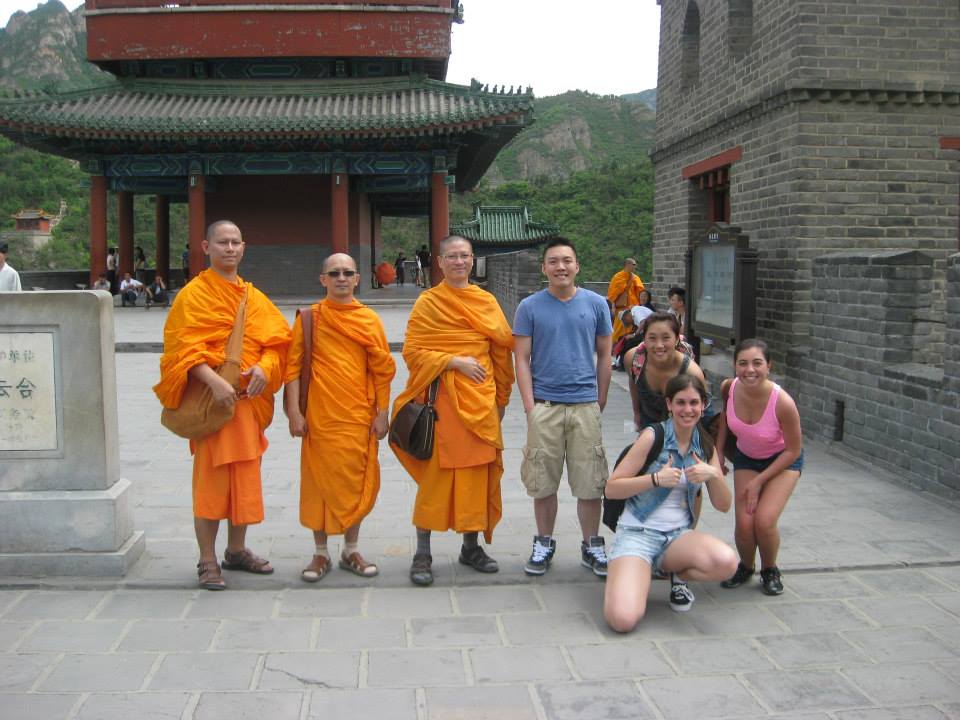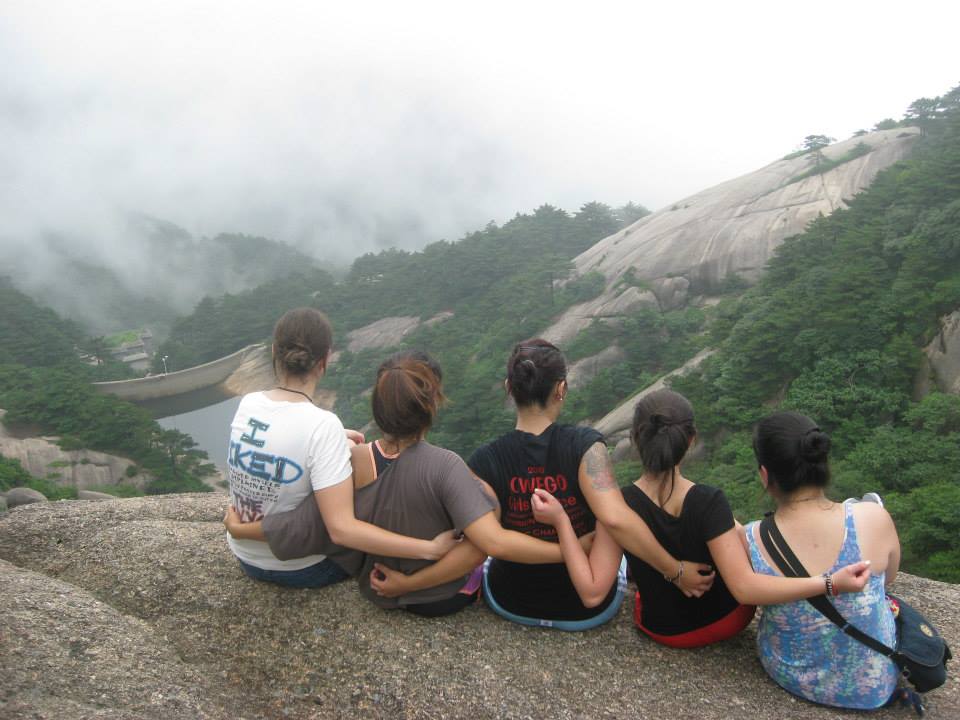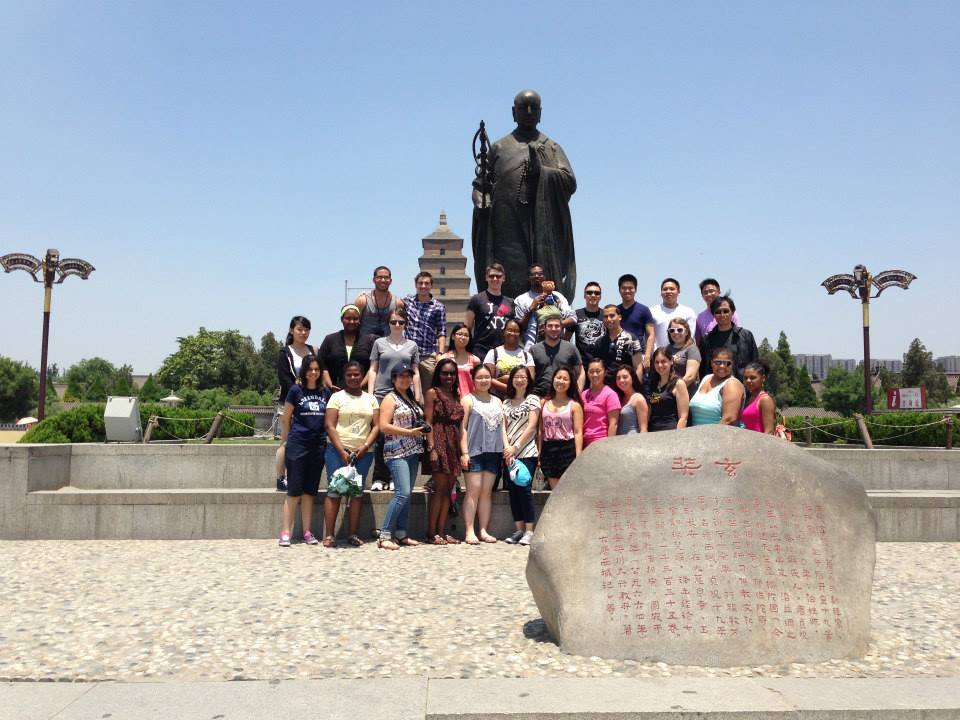I’ve been in New York for about a month now, and what an overwhelming month it was. Between cramming everything I own into my tiny car and driving from Michigan, to meeting my ten (ten!) new housemates, to getting scammed, to getting scammed again by the stupid transit system, to navigating the New York University campus, to getting off at the wrong subway stop, to getting utterly lost while on a run– it’s been anything if not exciting.
One of the most immediately striking features of New York City is the swirl of languages, food, and dress on every corner. Of course, it would be silly for me to see this diversity as proof that NYC is post-racial or completely harmonious. New York has issues, as does every city.
A metaphor I’ve developed for thinking of the city’s culturescape is the subway. Essential yet hated by most New Yorkers, the subway is dirty, unreliable, and overall frustrating- but it’s most people’s only option. NYU is exactly 6.1 miles from my house in Brooklyn- it takes 50 minutes to commute into Manhattan, and that’s on a good day. After dodging drips from the sagging ceiling, I jump the gap between the platform and the train to squeeze in with the other haggard commuters. The subway is the great equalizer: in the dark damp, it’s hard to be superior to others when you’re lumped into a mass. Fancy clothes are at risk of being soiled, and uncomfortable shoes don’t lend themselves to the constant walking required to transverse the city.
In the subway, there are no barriers. The privileged cannot use tall gates, expensive cars, or newfangled security systems to distinguish themselves from the “rabble,” us common folk. We are the human condition, pressed into a small, shabby subway car together. We are all subjected to the same delays, the same discomfort, the same noises and smells. We all pay the same price (3 bucks a pop!) to push past the turnstile and descend.
The only method of separation available to subway passengers is a bit of flimsy plastic: earbuds that provide music, but also sound barriers against the din of the subway. Our earbuds denote a small pool of personal space- a little island of privacy in the dense crowds of people, not to mention the sometimes alarming squeal of the train on its tracks. This personal space, however, is an illusion- someone can sway into and bump you when the train jerks to a stop. Also, safety is at least at the back of each passenger’s mind- especially if the passenger happens to be of the female variation. At any point, the 1% of the crowd that harbors unsavory intent might slip a hand into a pocket or worse.
Every time I curse the faulty public transit system, I know I should remember that this is how most of the world travels- via feet, bicycle, bus, or creaky subway train. At the very least, I should take it as a reminder of privilege, and that my entitlement is as illusory as that personal space we try to claim when crushed in amongst the crowd.
By Anna Lindner
Anna is a Campus Clipper intern and a first-year Master’s student in NYU’s Media, Culture, and Communication program. Her research interests include critical race and gender theory and their resultant intersectionality. When she’s not studying, Anna enjoys visiting friends, catching up on TV shows, and lifting weights. For over 20 years, the Campus Clipper has been offering awesome student discounts in NYC, from the East Side to Greenwich Village. Along with inspiration, the company offers students a special coupon booklet and the Official Student Guide, which encourage them to discover new places in the city and save money on food, clothing and services.
At the Campus Clipper, not only do we help our interns learn new skills, make money, and create wonderful e-books; we give them a platform to teach others. Check our website for more student savings.







